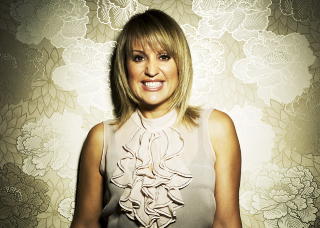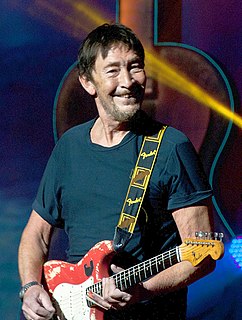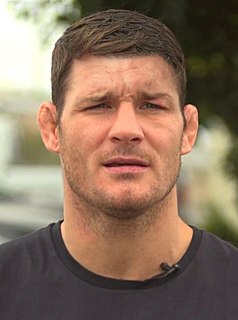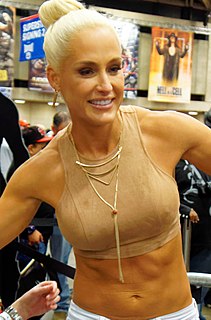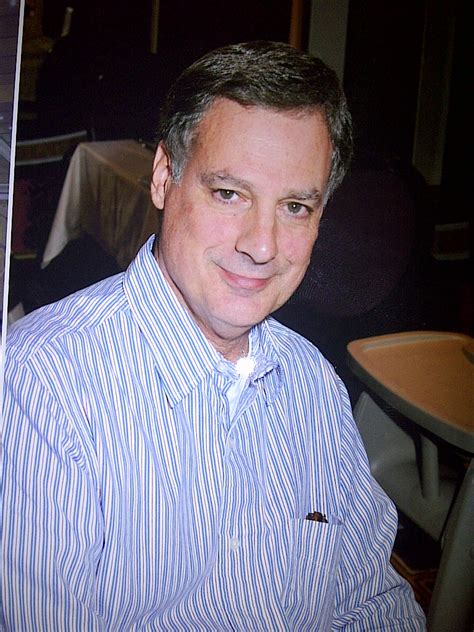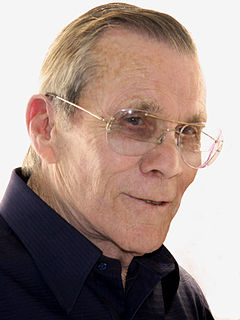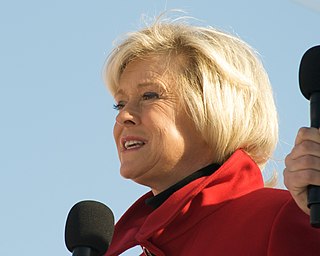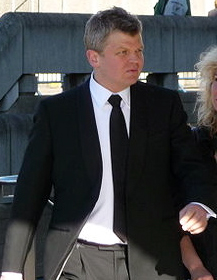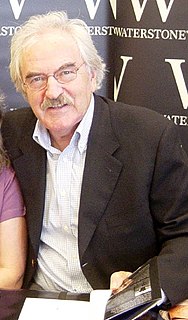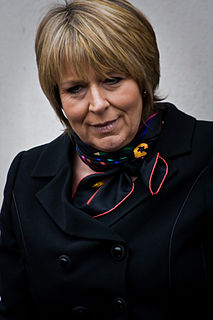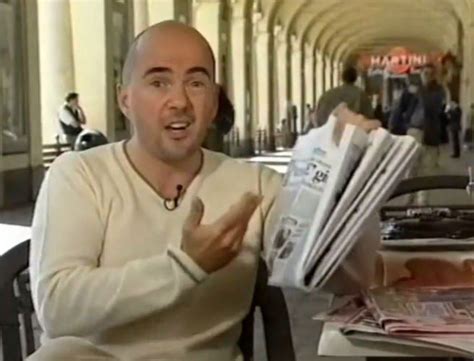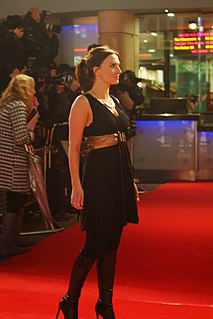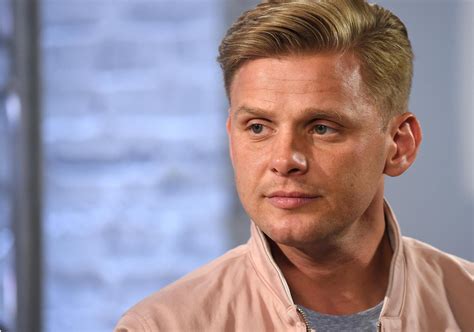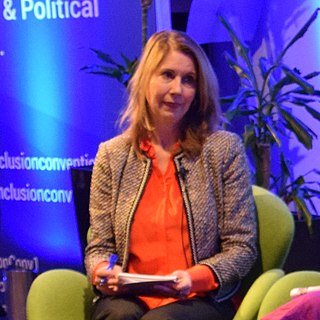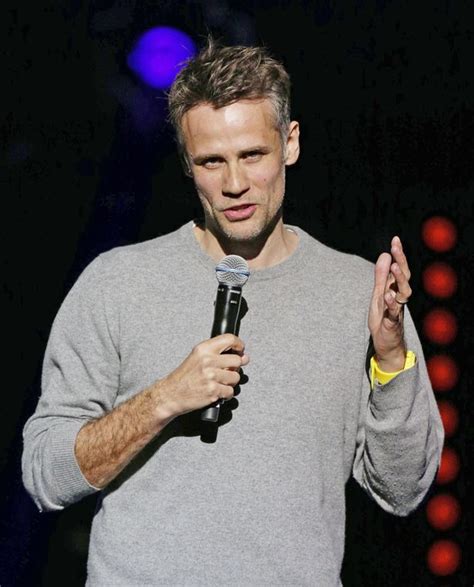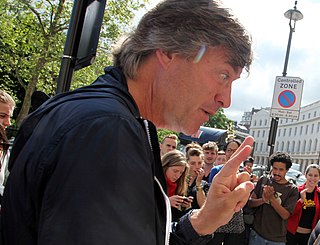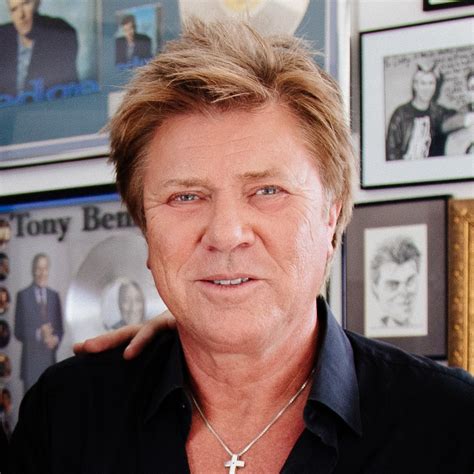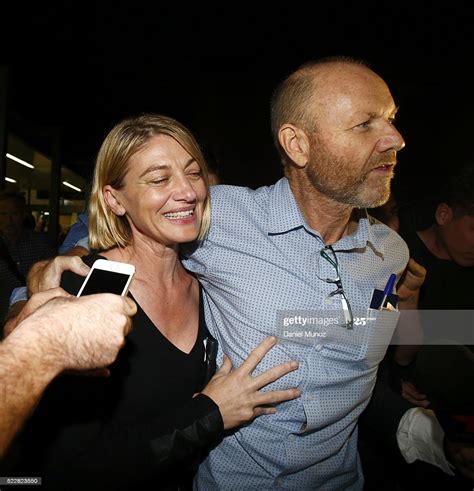A Quote by Nicki Chapman
I've always paid off my mortgage as much as I could.
Related Quotes
I live in a Spanish-style hillside home in Los Angeles, California. I paid $900,000 in 1995. It's perhaps worth about $3m now. Thankfully, I paid off my mortgage before the crash because I could see it coming. I worried that I would be caught having to pay off a very high mortgage for a house I couldn't sell.
We paid for this instead of a generation of health insurance, or an alternative energy grid, or a brand-new system of roads and highways. With the $13-plus trillion we are estimated to ultimately spend on the bailouts, we could not only have bought and paid off every single sub-prime mortgage in the country (that would only have cost $1.4 trillion), we could have paid off every remaining mortgage of any kind in this country - and still have had enough money left over to buy a new house for every American who does not already have one.
Ask most people who live in a home and have a mortgage on it whether they own their own home and the answer is almost guaranteed to be a resounding 'yes'. Yet it's the wrong answer. Technically speaking, until they have paid the mortgage off, they don't own it. Herein lies the difference between reality and illusion, between ownership and control. This confusion lies not only at the individual level, but also at the heart of government thinking.
